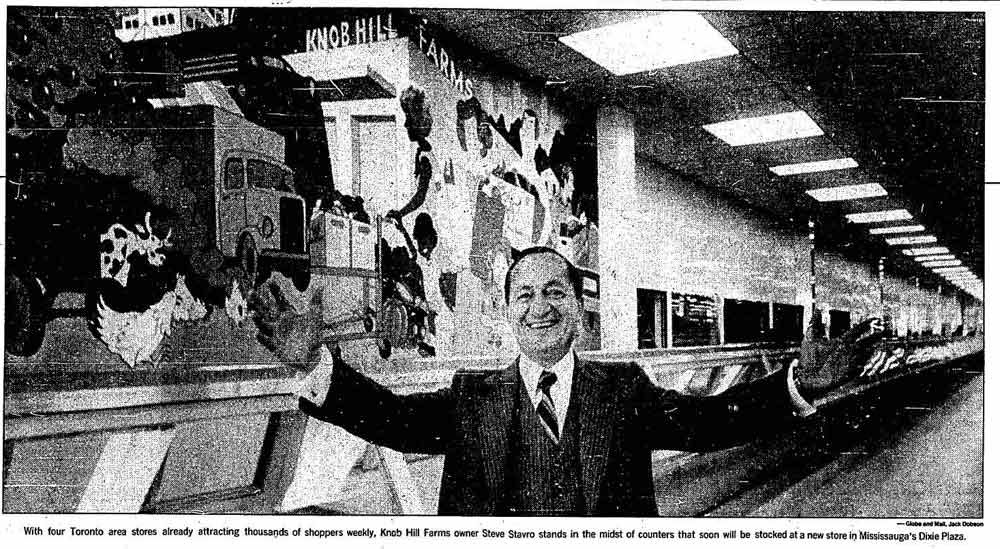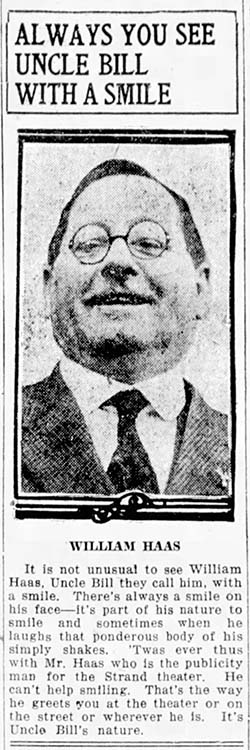au revoir, world's biggest bookstore building
It’s not so much that the former World’s
Biggest Bookstore is being knocked down that bugs me. Nor that the site may become a parking lot (Toronto’s favourite temporary solution to demolitions during
the 1960s/70s) while the property’s owner abandons plans for a “restaurant row”
in favour of a rezoning application.
No, it’s the fact that Indigo didn’t remove
the store’s shelving before the wrecking ball made its first punch.
Seeing the shelves await death in a partly-demolished
structure was heartbreaking, both for what was once lined on them, and how they
epitomized some of our society’s wasteful tendencies. Maybe it wasn’t the most
attractive shelving out there. But if these racks were destined to be destroyed
in this fashion, couldn’t they have been donated to charities or organizations
which could have utilized or readapted them? Heck, Indigo brass could have
hired an artist to reimagine them as funky sculptures (with touch-ups fueled by
the artist’s imagination) to place in their “cultural department stores.”
 |
Quill and Quire published a profile of
Coles founder Jack Cole on the cusp of the World Biggest Bookstore’s opening in1980. Here’s what writer James Lorimer had to say about the new megastore and
how it fit into Cole’s modus operandi:
The World’s Biggest Bookstore is the crowning project in the career of a book merchandiser who still loves his business. Jack Cole has no need to do something big and new; his company has a secure segment of the market, ownership has passed to Southam with Jack Cole coming out $10 million richer and U.S. expansion offers the chain lots of room for growth. The Biggest Bookstore, 70,000 square feet on two floors, is an effort to take book merchandising one step further. It’s aimed exactly at the same customers who patronize Coles: not the specialist buyer, but the man on the street who wouldn’t feel comfortable buying a book unless it was from Jack Cole.There’s nothing that Canadian books need more than a marketing strategy that attracts the broad public to the wide range of books normally found only in specialized independent bookstores. To do it will take a combination of showmanship, razzmatazz and hype; the skills that Jack Cole and his fellow merchandizers have perfected over the last four decades. There’s no guarantee, of course, that Cole will succeed; he’s had his failures as well as his successes. The worst scenario would be that the Biggest Bookstore would undermine all the specialist independents that have slowly grown up in the Toronto market. The best scenario is that the Biggest Bookstore will find a whole wide range of new customers for books. If anyone in Canada can do that, it’s Jack Cole. If the Biggest Bookstore is a success, he will have done what even he probably have thought impossible in 1940: open up all the books from those elitist writers and snobby publishers to a mass audience, making people feel comfortable about buying and reading those books. If the idea works, and I think it will, it is because Jack Cole has spent 40 years preparing himself—and his public—for this move.
Not everyone was thrilled with the store’s
opening. Take this letter from Willowdale resident Karl T. Schatzy, published
by the Globe and Mail in response to an article on the WBB by William French.
William French's story on the opening of Jack Cole's newest merchandising emporium (World's Biggest Bookstore a Tale of Modern Retailing - Nov. 11) was an invitation to reading between the lines. There is a sense of foreboding and apprehension which I cannot help but share.Merchandisers such as Mr. Cole pander to the mood of our time. That this mood is receptive to pandering is a sad reflection on this society. The discerning reader will not be attracted by the blatant carnival atmosphere and the way books are displayed and peddled as so many tubes of toothpaste or packages of underwear. True, Coles' books have been in evidence for a long time in Toronto and have contributed to a better awareness of the public to literature (of a sort). It is good that more people read more books, but whether this kind of commercialism will lead to the acceptance of the sensational rather than the literary remains to be seen. Mr. French's point with regard to Britnell's bookstore and other independents is well taken. A visit to Britnell's is a step into another world where a breath of fresh air (metaphorically speaking) and quiet musings make browsing there such a pleasant experience.
I wonder what Mr. Schatzy, if still alive,
would make of the declining presence of books in present-day Indigo stores, and
whether he’d grouse about it over a drink at the Starbucks which replaced
Britnell’s at Yonge and Bloor.
I loved going to WBB on childhood visits to
Toronto. My father seemed to trust me enough to stay put either in the children’s
section or the film section while he roamed the store for bargains. I was a
happy camper in any suburban mall bookstore on either side of the border, so
having so many books to flip through was like going to a playground. I could
have spent an entire day there, except there were other places for Dad and I to
go in the neighbourhood (looking at you, A&A and Sam the Record Man).
There are two books which stand out as ones
I always flipped through whenever I was at WBB:
- The Muppet Show Book: an compilation of skits from the first two seasons, which used illustrations instead of still photos. Never owned a copy of it, but I keep an eye out in case it ever pops up used—call it one of my “thrill of the hunt” holy grails. Among the bits included: Kermit’s interview with the Koozebanian Phoob.
- Son of the Golden Turkey Awards: along with its predecessor, a building block of my love of bad movies. Still have the copy Dad bought for me at WBB. Read it endlessly to him while he clipped his newspapers. A volume I have mixed feelings about now—some of the movies poked at in the book aren’t horrendous, and there’s the matter of co-author Michael Medved’s subsequent career as a conservative commentator. With years of wisdom, I see Stephen King’s point (via Danse Macabre) that some honorees were more sad than laughable.
At least, if I’m ever in a book-browsing
mood on Edward Street, there’s still the BMV.
Additional material from the November 18, 1980 edition of the Globe and Mail and the October 1980 edition of Quill and Quire. All photos of the WBB demolition taken by Jamie Bradburn, and may not be used elsewhere without my permission.







Comments